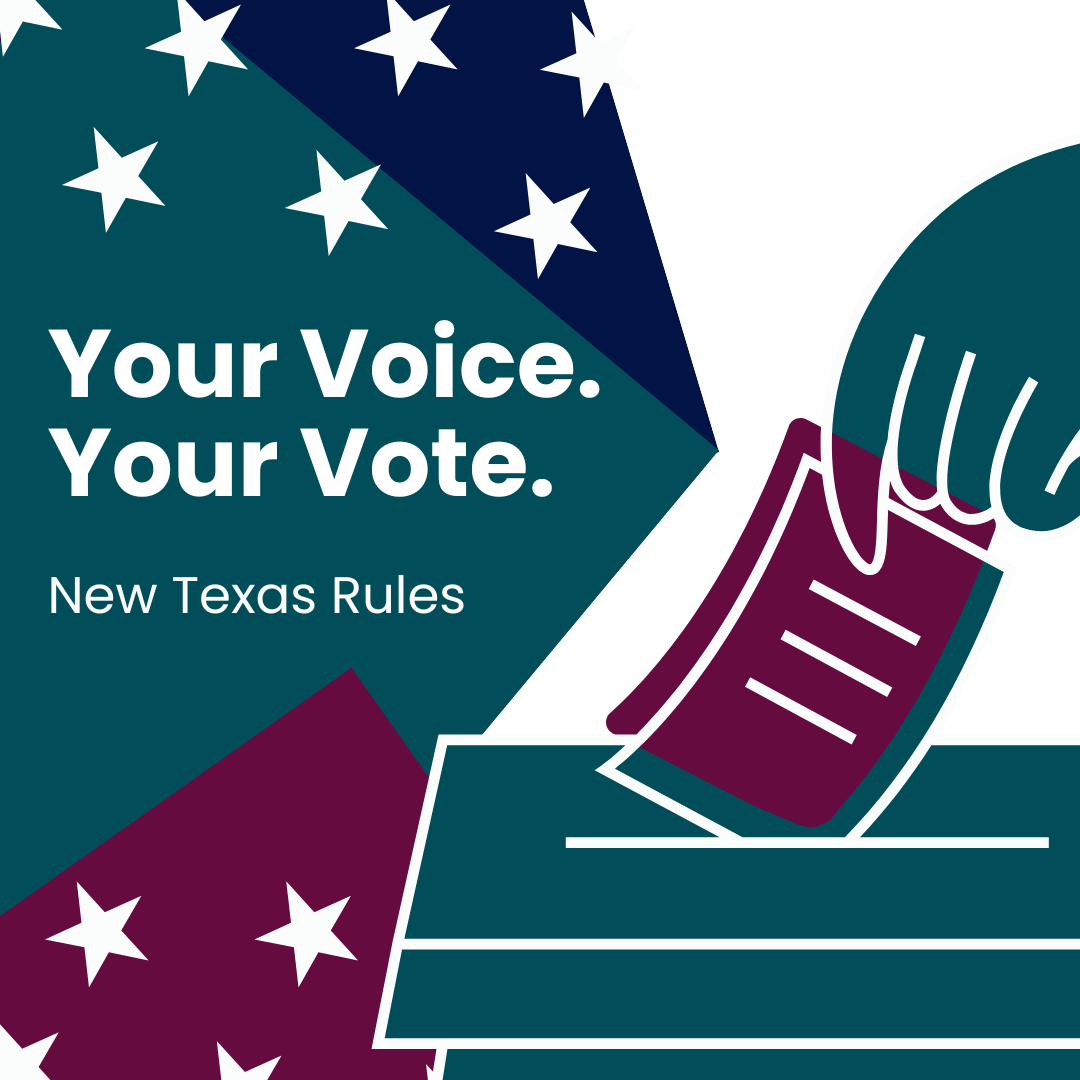New Texas Voting Rules Explained…In Plain English
Texas wrapped a second special legislative session on September 4, 2025. Lawmakers advanced a few election-related changes that matter for employers who share voter information with their teams. In this post, we’ll explain what changed, what stayed the same, and how to help employees navigate the rules without taking a political stance.
What Changed
Prosecuting election crimes: The Legislature passed a measure to let the Attorney General independently bring election-crime cases. This change aims to undo a 2021 Court of Criminal Appeals decision that said local prosecutors must invite the Attorney General into such cases. The new bill tries to restore that statewide authority. Employers do not need to change any workplace practices because of this, but the enforcement landscape may shift. Source: The Texas Tribune
Address changes at the polls: Earlier in the year, Texas approved a law that made it easier for a voter who moved within the same county to update their address at the polling place and immediately vote based on the new address. During the special session, lawmakers reversed that policy with SB 54. Voters who change addresses close to an election may face extra steps, so timely updates matter again. Source: LegiScan
What Stayed the Same
Texas still does not allow true same-day voter registration for new voters. Registration deadlines and standard address-update processes remain the norm, despite efforts to change the rule. Source: The Texas Tribune
What this Means for Employers
Employers can stay neutral on politics and still be helpful on voting. Here is a clear checklist to help keep things simple.
Checklist You Can Share with Your Employees
Confirm both your registration status and residential address well ahead of the next election.
Update any address change with the county voter registrar as soon as possible. Last-minute updates at the polls will likely not allow immediate voting in the new precinct if the Governor signs SB 54.
Double-check your polling places and acceptable ID. This step prevents most election day hurdles.
Block time for early voting. Early voting reduces lines and stress, especially for shift workers and hourly employees.
Checklist for Managers
Share nonpartisan reminders about registration deadlines and address updates two to three weeks before early voting.
Offer schedule flexibility on high-traffic voting days.
Point to official sources only. The county election office and the Texas Secretary of State are your best links.
Keep messages factual and concise. Focus on dates, forms, and where to go.
Why This is NOT a Political Issue for Your Workplace
Education on voting is an operations and people issue. Employees ask practical questions about where to vote, what to bring, and how to fix an address. Clear instructions reduce confusion, decrease last-minute absences, and support a culture of civic participation without advocating for any candidate or party.
Want to Learn More? Read These Articles.
Texas Tribune details on SB 54 and the address-change reversal
Texas Tribune coverage of the Attorney General authority bill.
Houston Chronicle reporting on the address-change rollback.
